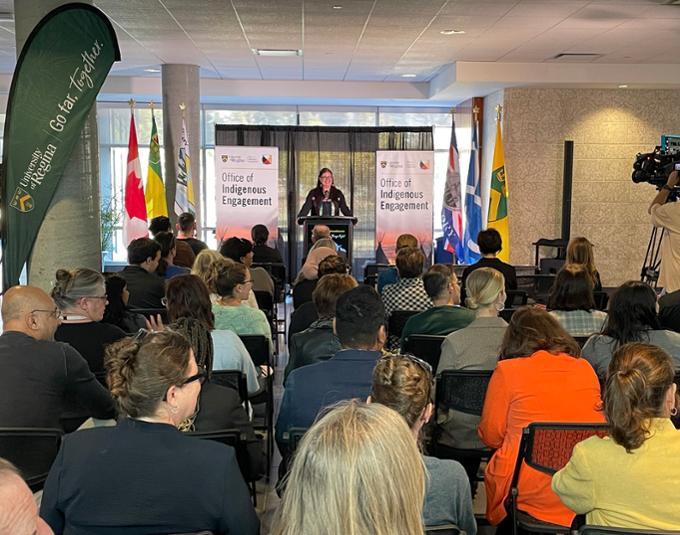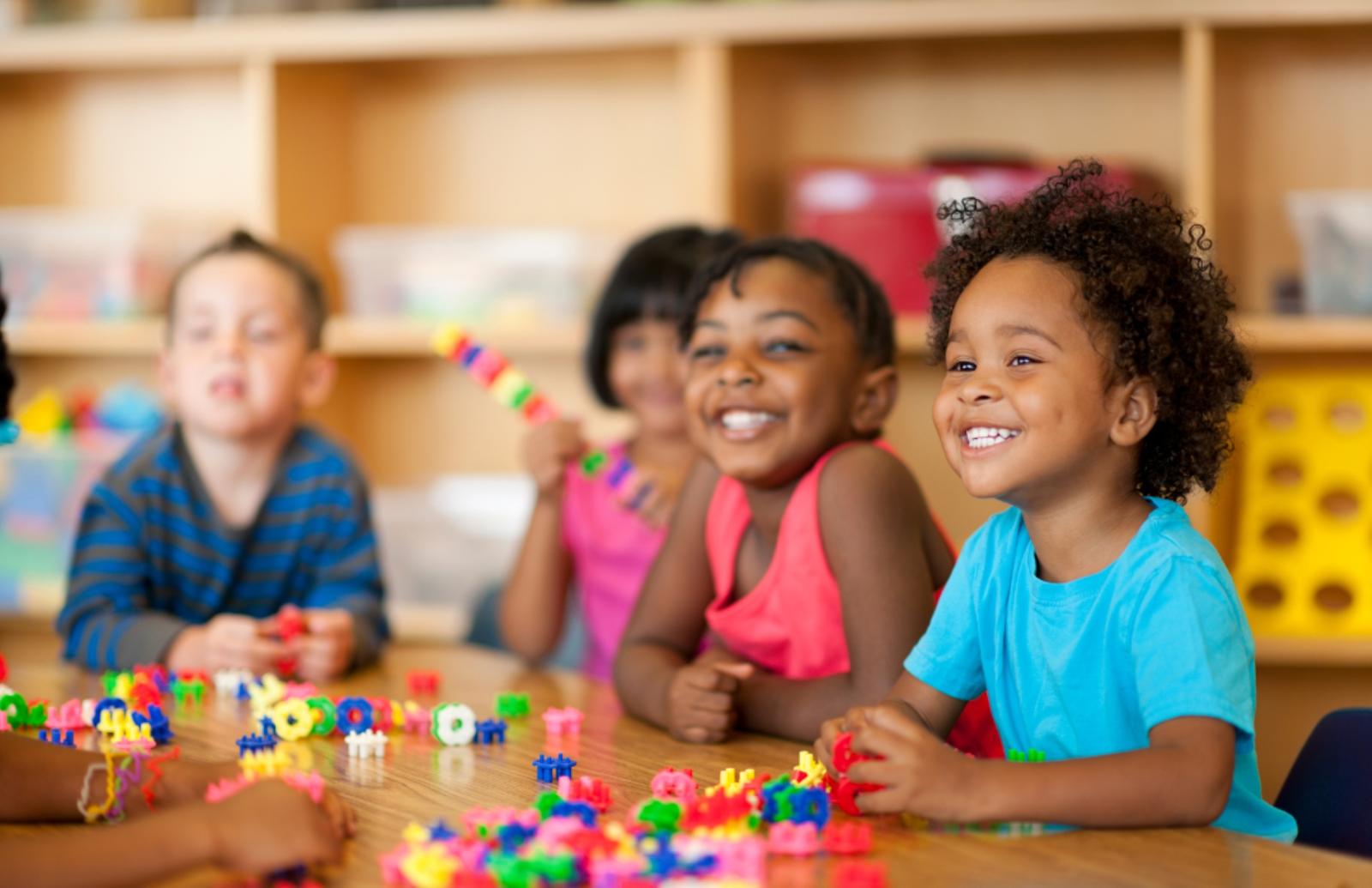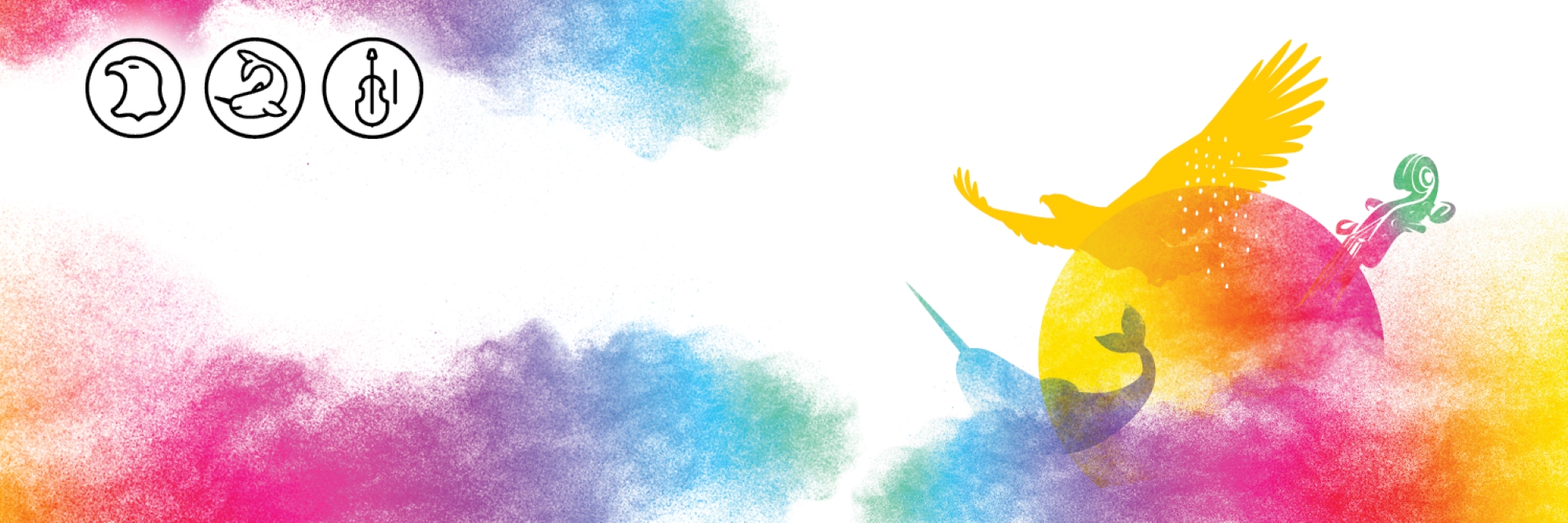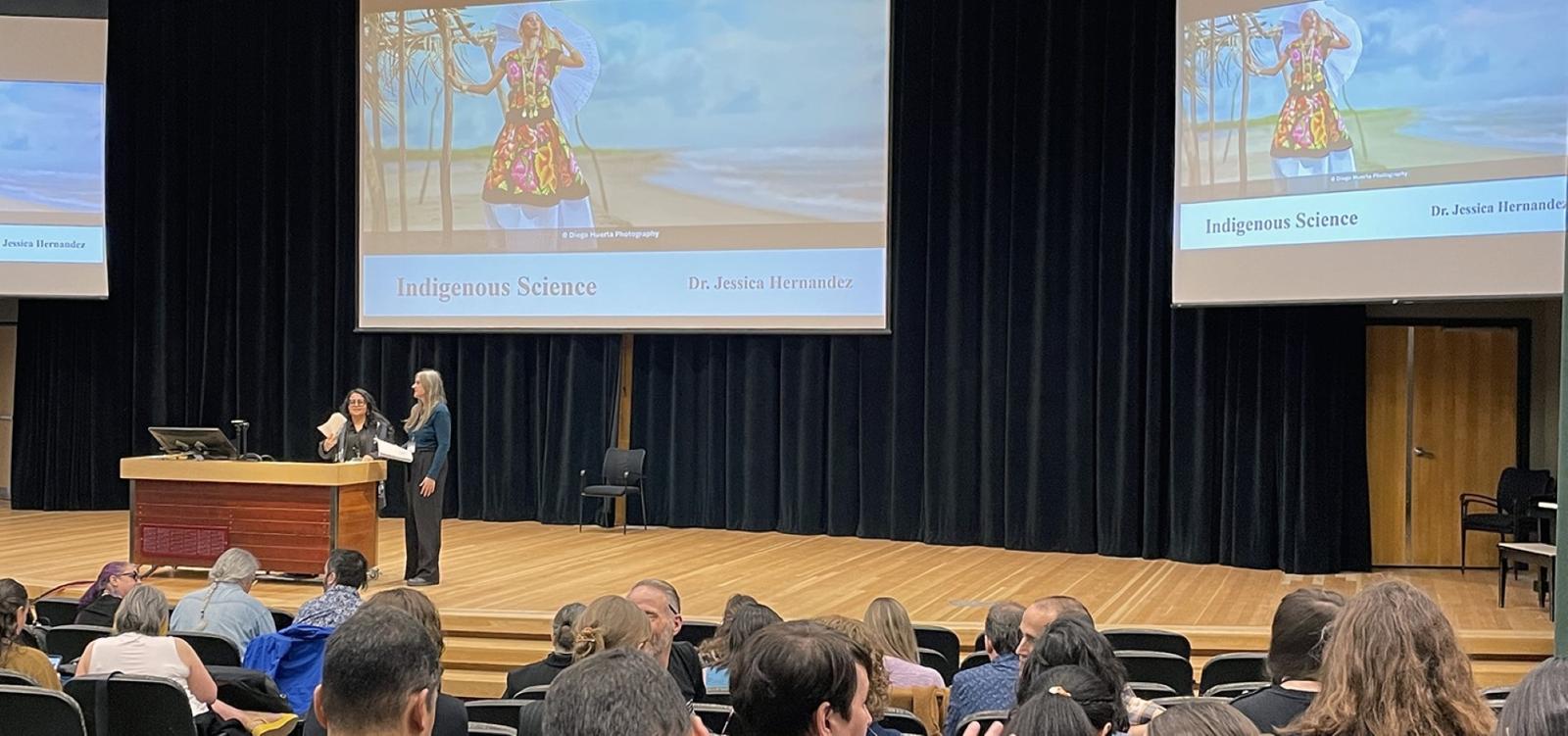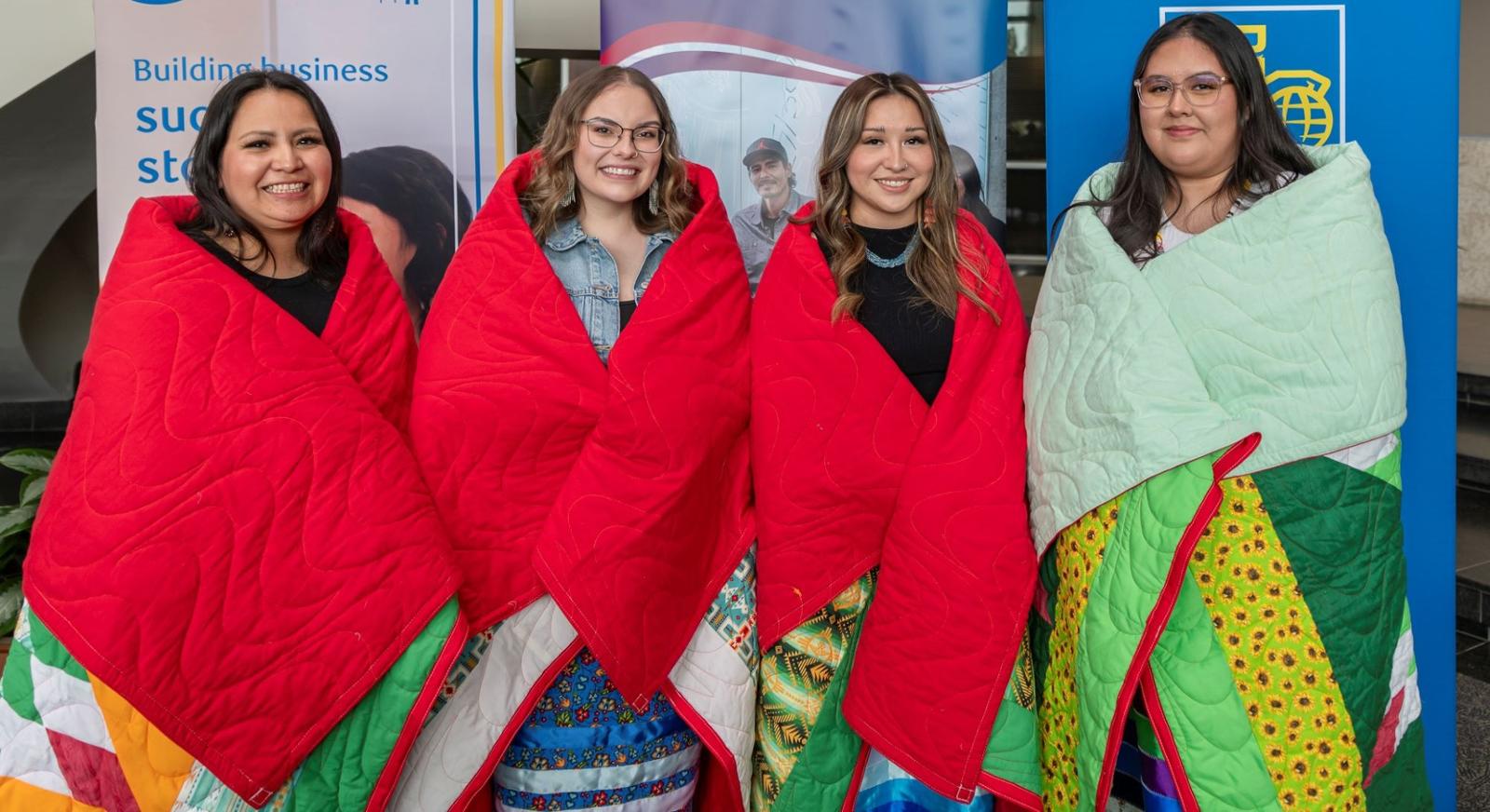Today the University of Regina launched Tapwewin kwayaskwastâsowin, Truth and Putting Things Right, a multi-year plan that will help position the University as a leader in Indigenous engagement and education, foster and mend relationships with Indigenous communities, acknowledge truths, and advance teaching and learning excellence.
While developing the Indigenous Engagement Strategic Plan, the advisory group recognized the importance of listening to and learning from Indigenous communities and aimed to create a more inclusive and culturally-affirming learning environment for all students, staff, and faculty. The plan was developed through extensive engagement with Indigenous and non-Indigenous students, staff, faculty, and community members.
We are only here today because of the work that other Indigenous leaders and allies have put in before us, providing us this opportunity to take the next best steps. — Lori Campbell, Associate Vice-President, Indigenous Engagement
This is a bold plan that will require systemic changes within the university and it will require the entire university community's commitment,” says Lori Campbell, Associate Vice-President (Indigenous Engagement). “Every member has a role to play and if the eagerness and level of participation across the campuses and within surrounding communities that we saw during the consultation process provides us any indication of the level commitment to ‘put things right’, we are well positioned to respond meaningfully to the 34 actions."
Moses Gordon is from the George Gordon First Nation and was a member of the Project Advisory Group. He is also a Project Manager with the Indigenous Peoples’ Health Research Centre at First Nations University and a PhD student in the Doctor of Philosophy program in the Johnson Shoyama Graduate School of Public Policy.
"The past couple of years I have definitely seen a cultural shift in terms of how public conversations are taking place when it comes to Indigenous issues, Indigenous policies, and Indigenous research," says Gordon. "I am excited to see the recommendations from the plan being implemented and the positive impact that we can have on the university and wider community."
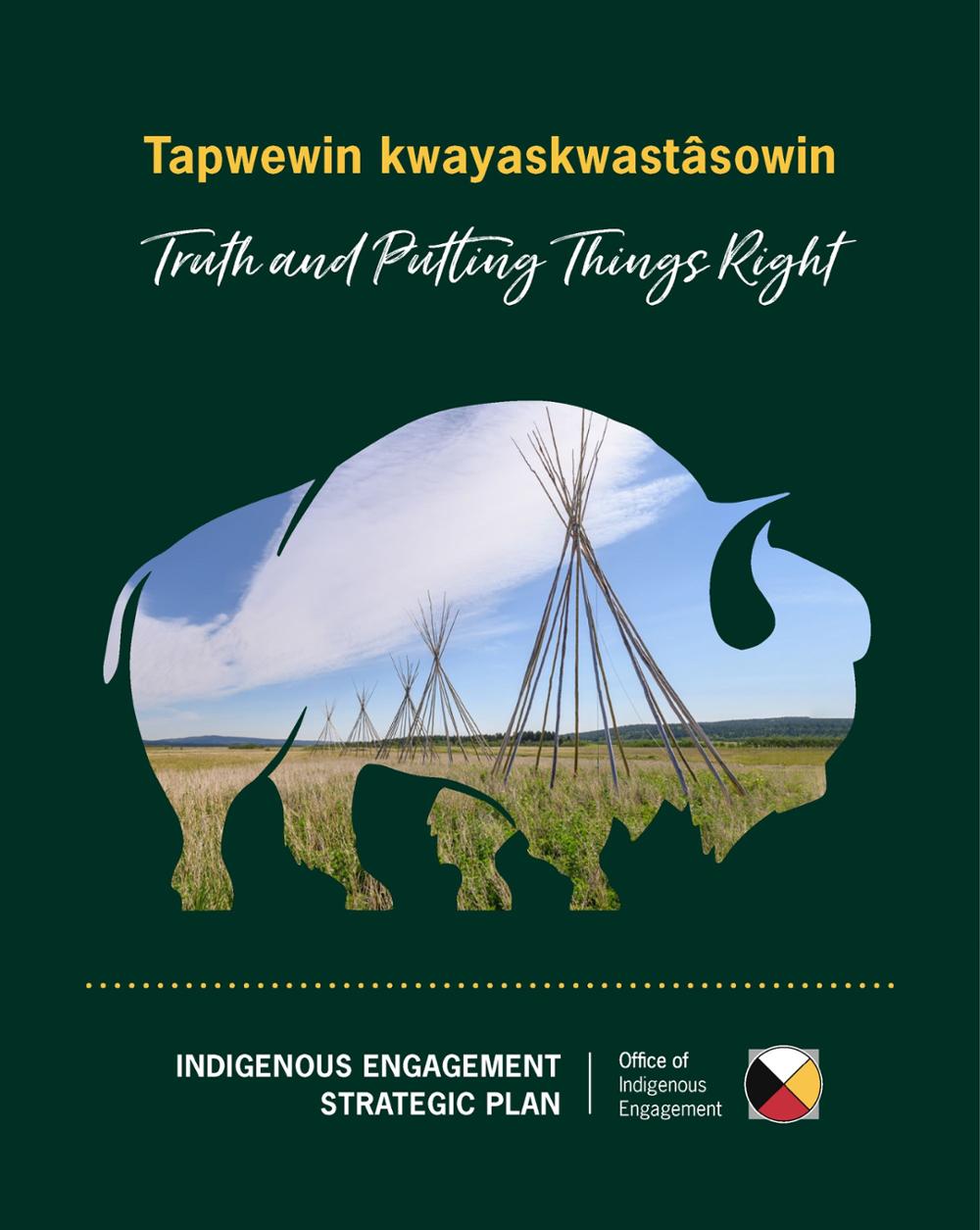
Tapwewin kwayaskwastâsowin demonstrates opportunities to decolonize academic practices and curricula and strengthen Indigenous-centred research. This includes transforming governance and administration, improving Indigenous student supports, and advancing meaningful community engagement with Indigenous peoples, leaders, organizations, and communities. The plan consists of 34 actions grouped into four themes:
- Student Success
- Spaces and Places
- Teaching and Learning
- Community Building
“This plan provides the opportunity and the means for us to do better, to gain a stronger understanding of why Reconciliation is necessary, to determine what steps we might take as individuals and as a University community, and to meaningfully take those steps on our collective journey as Indigenous and non-Indigenous people alike,” says Dr. Jeff Keshen, President and Vice-Chancellor.
Read the Indigenous Engagement Strategic Plan.
Banner photo credit: University Advancement and Communications
About the University of Regina
Set in the heart of the Canadian prairies we are a comprehensive, mid-sized university where the opportunities are as limitless as the horizon. Our campuses are on Treaty 4 and 6 - the territories of the nêhiyawak, Anihšināpēk, Dakota, Lakota, and Nakoda peoples, and the homeland of the Michif/Métis nation. It is our responsibility to strengthen relationships with Indigenous communities to build a more inclusive future for all. Our three federated colleges, 10 faculties, 25 academic departments, and 18 research centres foster innovative research with practical and theoretical applications. We are committed to cultivating the potential of our 16,000 students and supporting their health and well-being. We take learning beyond the classroom through work and volunteer experiences to develop career-ready graduates.
Let’s go far, together.
